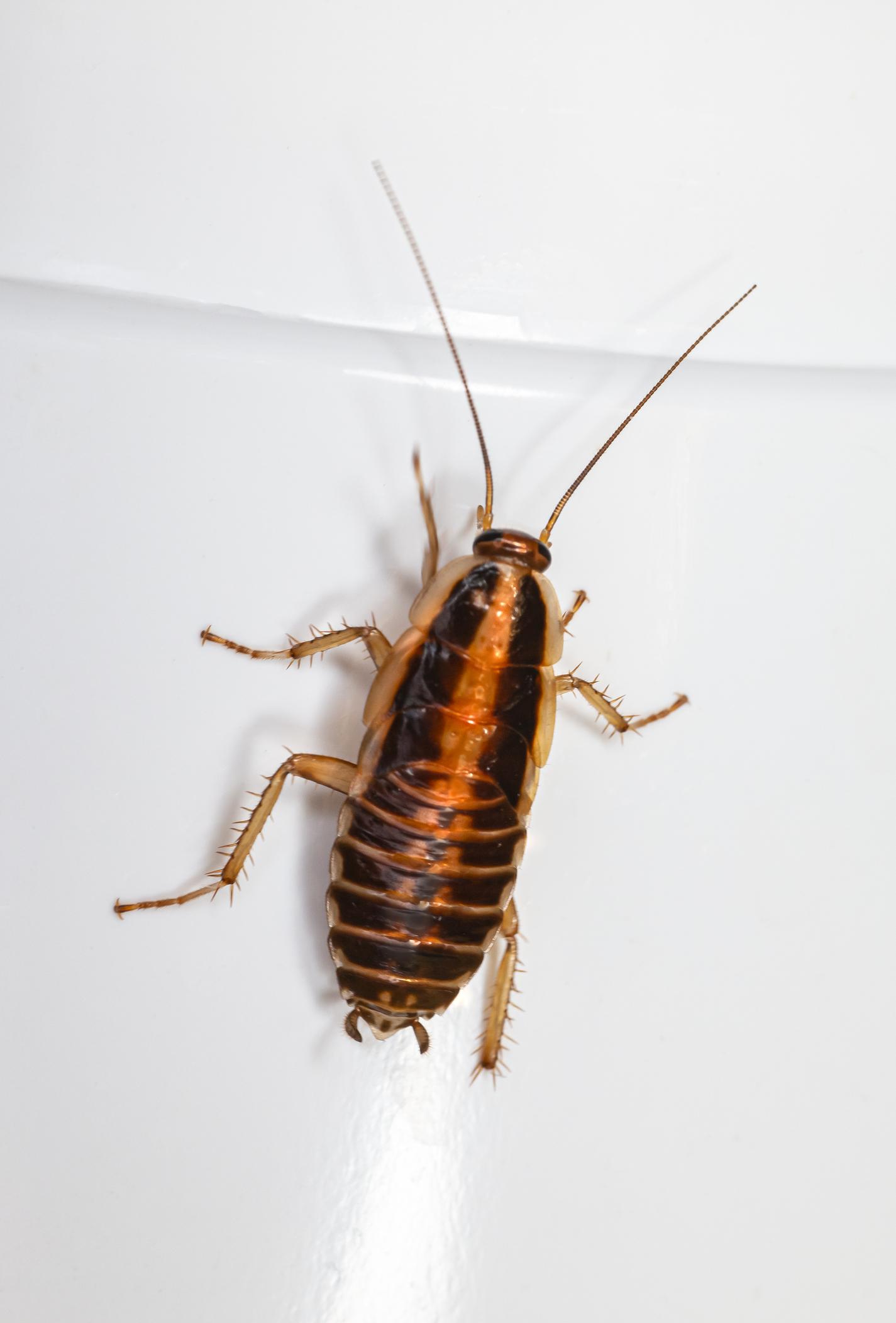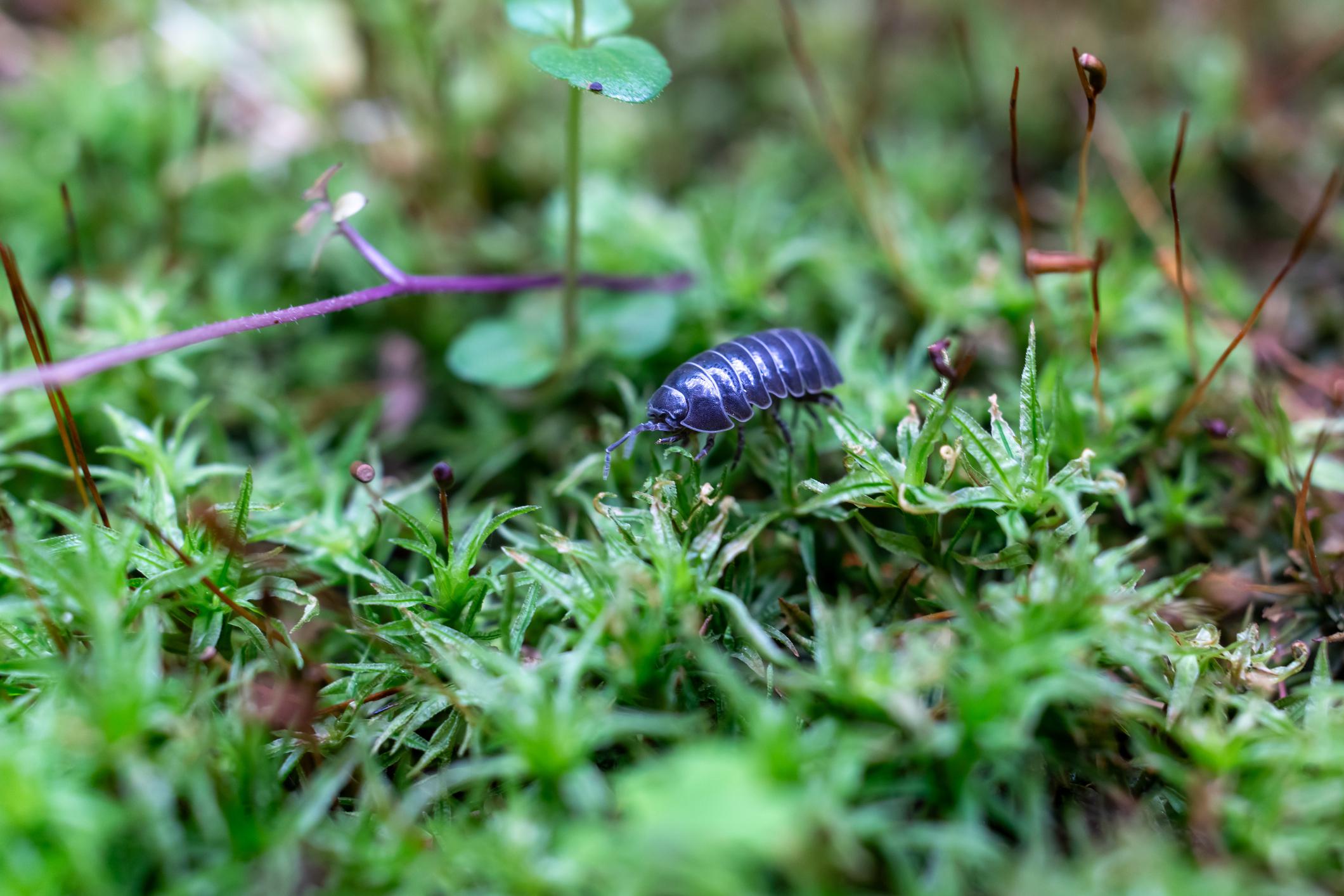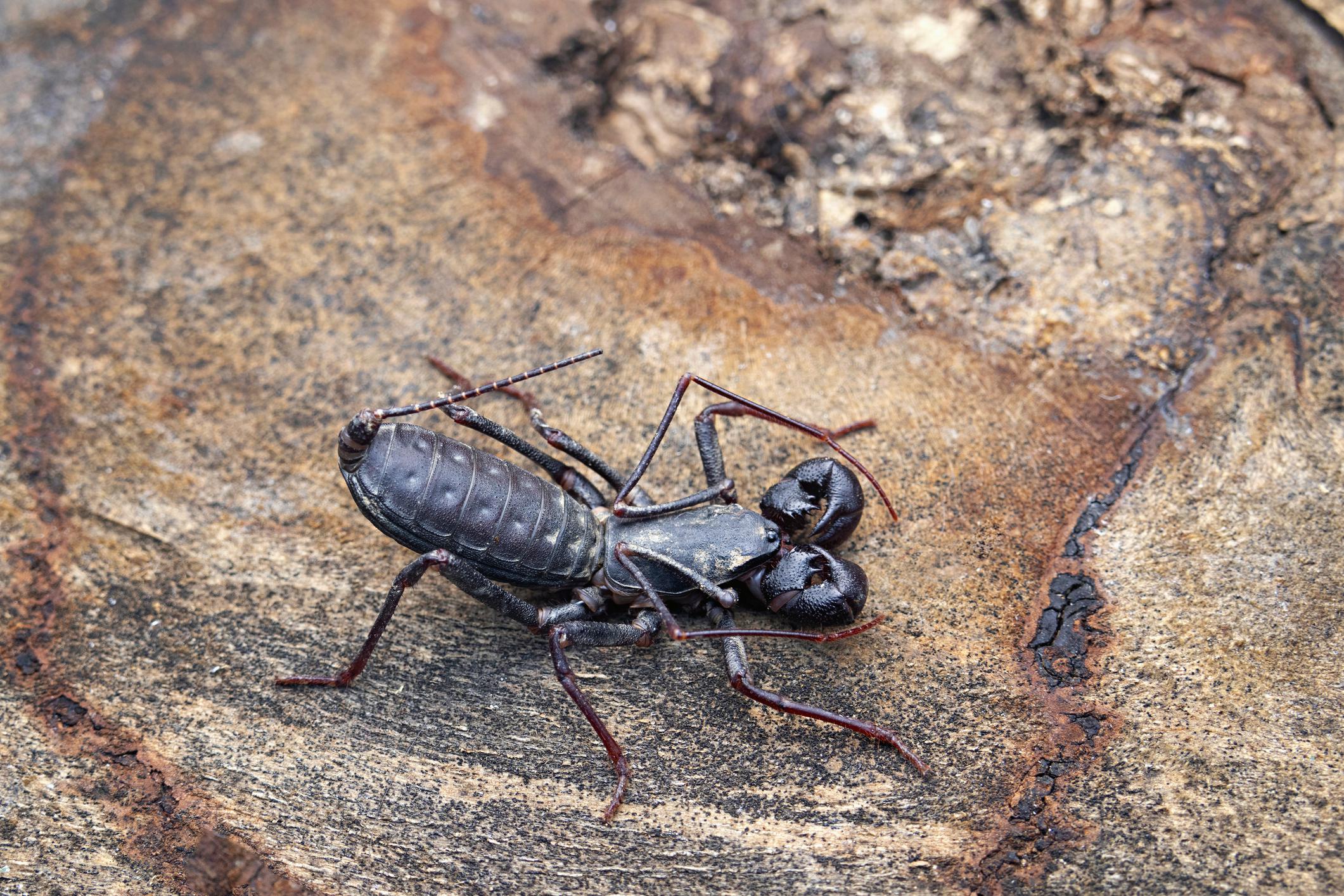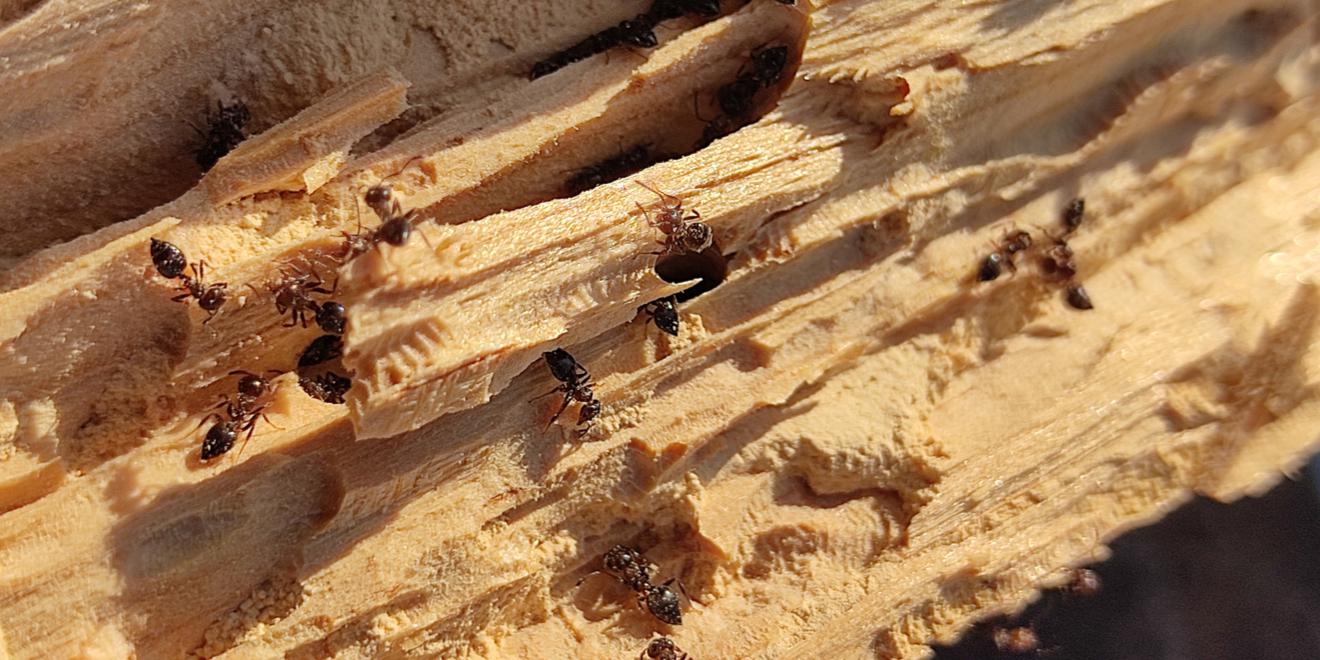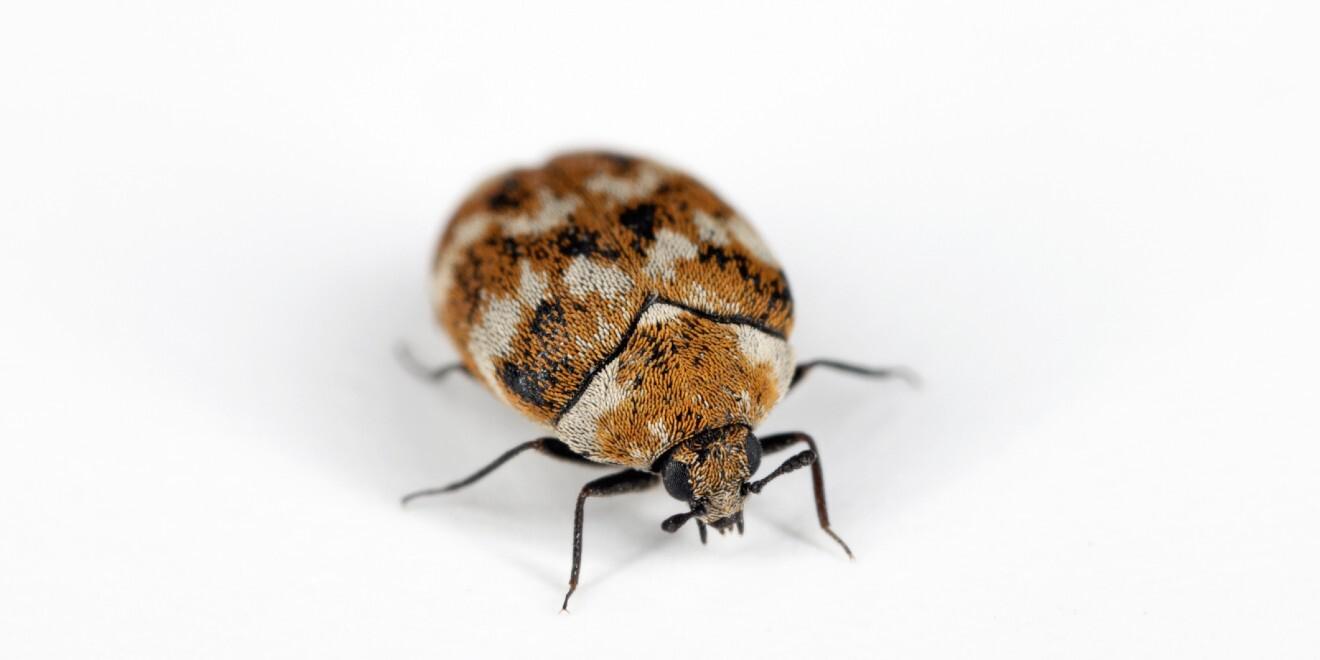Q&A - Alpha Gal Syndrome & Tick Control in East Denver
Posted by Mosquito Squad
August 5, 2025
You may be familiar with the health risks associated with ticks, including diseases like Lyme disease, the most common tick-borne illness in the United States. However, there is also a new health risk on the rise. Don’t fret! Mosquito Squad is here with the information you need about Alpha-Gal Syndrome (AGS), and any other questions you may have about East Denver tick control.
What is Alpha-Gal Syndrome?
Alpha-Gal Syndrome is an allergic condition that develops after being bitten by a tick. Those who do develop it will begin to experience severe and sometimes life-threatening allergies to mammal-derived products, including red meats as well as dairy, gelatin, or medications. These reactions are unique in that they are often delayed by several hours after ingestion of the product to which the patient is allergic, so the condition is particularly difficult to diagnose.
How does Alpha-Gal Syndrome work?
AGS is due to the transmission of a specific carbohydrate molecule known as alpha-gal, or more specifically, galactose-alpha-1,3-galactose. The molecule is passed from a mammal into the lone star tick, which then transmits it to a human through its saliva. The transmission of the molecule triggers the human host’s immune system to produce antibodies against the molecule, leading to allergic reactions.
Does Alpha-Gal Syndrome ever go away?
With time, there is a possibility that some individuals may find relief, especially if they’re able to avoid exposure to additional bites. However, there is no real cure, and most people who are diagnosed are required to make big changes to their diet and lifestyle.
What kind of tick carries Alpha-Gal?
The lone star tick, identifiable by the white dot on adult females, is the primary species linked to this condition. This tick is most common in the southeastern U.S. but has been spotted in Colorado, likely transported by birds or animals. Recent studies suggest that other tick species might also transmit AGS, though current evidence is limited.
Why is Alpha-Gal syndrome on the rise?
Lone star ticks are primarily found in the southeastern part of the country, but their habitat has been expanding during recent years. This is due to a combination of factors like changes in travel patterns for both humans and other animals, habitat destruction, and climate change. Warmer weather and long tick seasons also mean more opportunities for exposure to tick bites.
Should I be concerned about Alpha-Gal Syndrome in Colorado?
The species has not established itself in Colorado quite yet, but some individual ticks have been discovered in the state from time to time. However, despite the relatively low risk of AGS in Colorado, it’s important to stay informed so that you can take necessary precautions.
How can I help protect my family from exposure to tick bites?
Lone star ticks are responsible for other health problems in addition to AGS, including ehrlichiosis and Rocky Mountain spotted fever. There are different species of ticks that contribute to the spread of other diseases, including Lyme, Colorado tick fever, babesiosis, anaplasmosis, and more. Because tick bites are associated with so many different health risks, it’s a good idea to limit your exposure as much as you can.
Mosquito Squad’s potent tick control treatments can help you do just that. We’ll spray common tick hangouts around your home, like wooded areas and tall grass. Each treatment lasts for up to 21 days. For optimal results, consider joining our convenient subscription plan for continuous control throughout the season!
Choose Mosquito Squad for Pest Control in East Denver
Get started today by giving us a call at (720) 500-8064 or filling out our online contact form!


